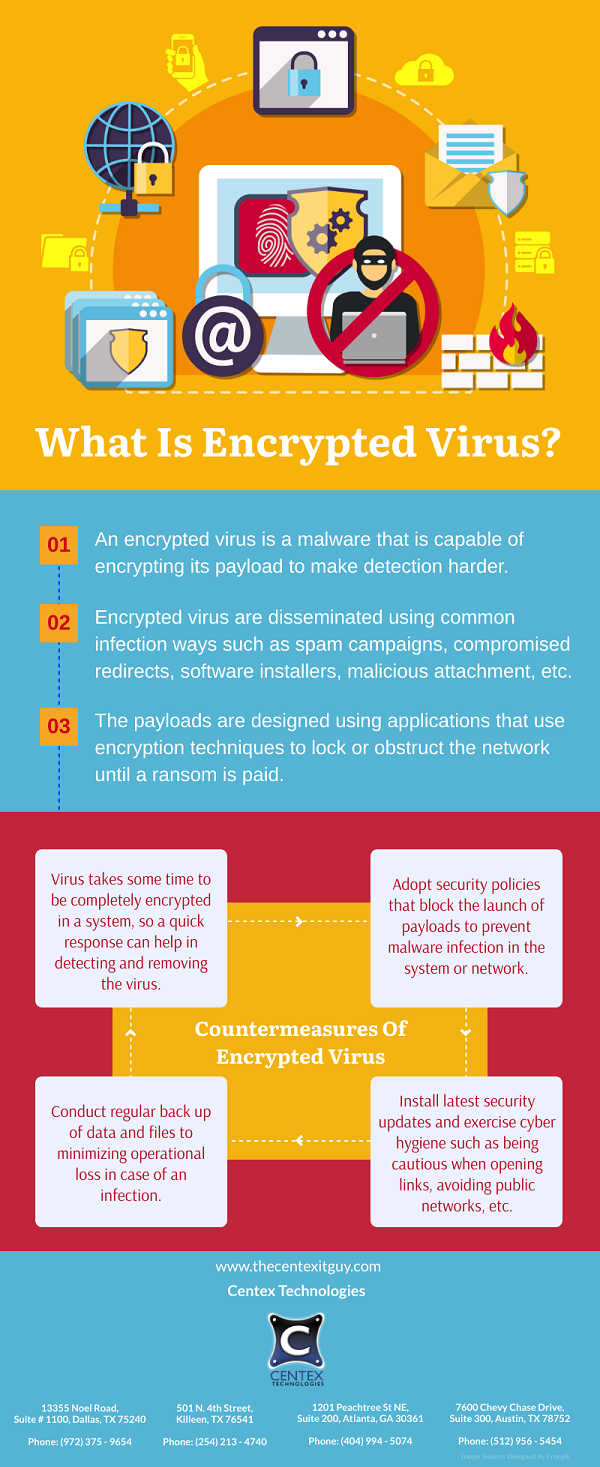When surfing online, a common pop-up that a user receives is ‘Accept The Cookies’. Some websites use cookies to provide a more personalized and convenient website browsing experience. But in order to understand the relationship between cookies and user’s online privacy, it is first important to understand what cookies are.
What Are Cookies?
Cookies are text files that contain small amounts of data that can be used to identify your computer network. Specific HTTP cookies are used to identify specific users for improving their web browsing experience.
Data stored in the cookies is created when a user connects to an online server. This data is marked with an ID that is unique to the user and his computer/system. When cookies are exchanged between user’s computer and network server, the server reads this data for identifying the information that should be served to the user.
Cookies are of two types:
- Magic Cookies: This is an old computing term that refers to packets of information that can be sent & received without any charges. This data is commonly used for logging in to a computer’s database systems. This concept is a precursor of modern day ‘cookies’.
- HTTP Cookies: It is a repurposed version of magic cookies, which was created for internet browsing. It was specifically created to assist web browsers in tracking, personalizing, and saving information about a user’s online session. The server sends cookies only when it wants the web browser to save it. These are stored locally by the browser, so that when the user revisits a website, web browser can return the data stored in the cookies to help the server recall data from previous session. HTTP cookies can be further classified as – Session Cookies and Persistent Cookies.
How Are Cookies Used?
While session cookies are only used during navigating a website and are stored on RAM (never written to the hard drive), persistent cookies remain on the computer indefinitely.
Persistent cookies can be used for two main purposes:
- Authentication: They help in identifying if a user has logged in and if yes, under what username. They also help in streamlining login credentials so that the user is not required to remember them.
- Tracking: This is to track multiple visits to a website or webpage over time. This property is used by merchants to identify a user’s browsing behavior to suggest products that may interest the user.
Why Cookies Can Be A Threat?
- Since the data written in the cookies cannot be changed, they are harmless. However, cyber criminals can get hold of the cookies to access victim’s browser sessions.
- Third-party cookies (generated by ads on a webpage, even if user doesn’t click on ads) allow the ad owners to track user’s browsing history, thus interfering in his privacy.
- Zombie cookies can be permanently installed on user’s system and reappear even after deleted.
Removing cookies can help in combating the risk of privacy breach.
For more information on cookies, online privacy and IT Security, contact Centex Technologies at (254) 213 – 4740.

